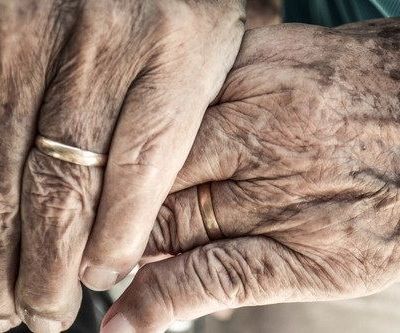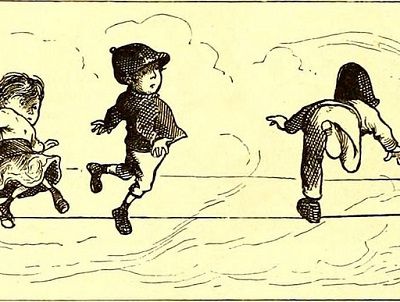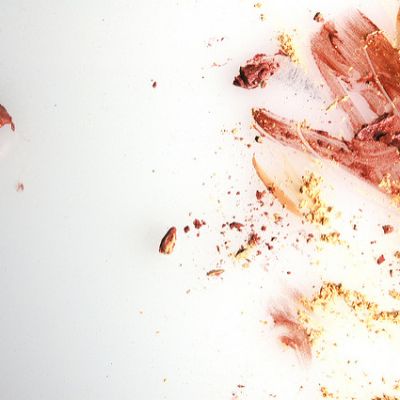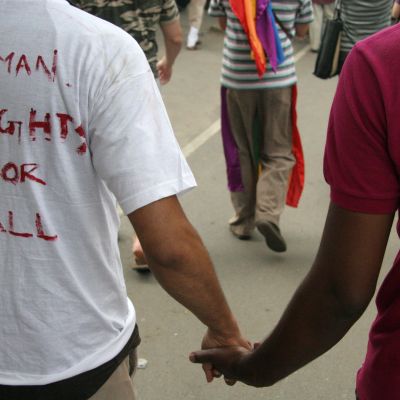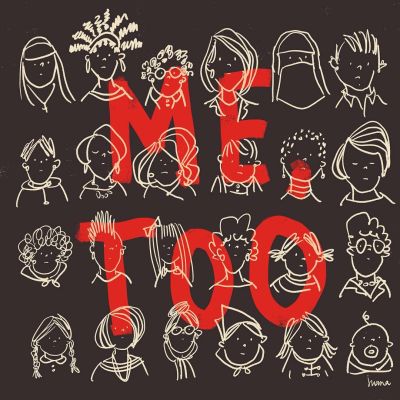Voices
This article is based on our research work in the two resettlement colonies of Dakshinpuri and Sanjay Camp, located in…
It has troubled me for a long time now that there are hardly any Bollywood block busters that focus on…
She was 17 when she was rescued from a dance bar. Now she’s 18 and she wants to go back. As an adult. And…
I was speaking with my friend, Priya[1], about her health issues. She is fifty, unhappily married with an uninspiring sex…
Why are boys afraid to cry? Why don’t people associate boxers with women? Because ‘boys don’t cry’, and fighting ‘like…
When working with parents on child sexual abuse (CSA) prevention, I often get asked the question, “How old should my…
This essay is a brief rumination about queer café’s in urban India. Written as part reflection, part recollection, this essay…
I won’t shy away from a kiss, In my head I have already devoured you. I don’t want you to…
Caging the Free Body into a Sexual Silhouette At school, roughly in the 7th grade, we learn about tissues, veins,…
Where we are now: In August this year the Supreme Court of India declared that privacy at its core includes…
In 2008, there were two important sets of events that happened: six weeks of intense hearings at the final arguments stage in the Naz Foundation case at the Delhi High Court, where section 377 of the Indian Penal Code was being challenged, and a bunch of folks in Delhi deciding that they were going to organize a Pride March. While these don’t seem obviously connected, they were both expressions of freedom, one in constitutional terms within the courtroom, and the other, a very public expression of freedom, taking to the streets.
Cinnamon Gardens, looking back on the early twentieth century, reveals the trauma of queer lives, in a country where queerness, family and the state are still irreconcilable with each other.
Not everyone, however, is taken in by #MeToo. Some women feel that they shouldn’t have to make a public show of their pain for their suffering to be acknowledged. For others, sharing their story in such a public fashion exposes them to further online harassment from those who think of the hashtag campaign as a sympathy-seeking movement. Then there are those who are downright unimpressed, feeling that it unfairly casts sexual harassment as a man vs. women problem.
The articles also reflected the ‘fear of old age’ among younger gay men – not just in terms of what the future would hold, but also in terms of insecurity around ‘losing ground’ in the here and now. The articles reviewed did not quite explore in detail what the ramification of such insecurity was on the mental health, and by extension the sexual health, of younger gay men, but it could not have been positive, especially with the backdrop of the HIV epidemic. The articles did, however, talk about suicide and suicide attempts among gay men, and this did not seem limited to any age bracket.




